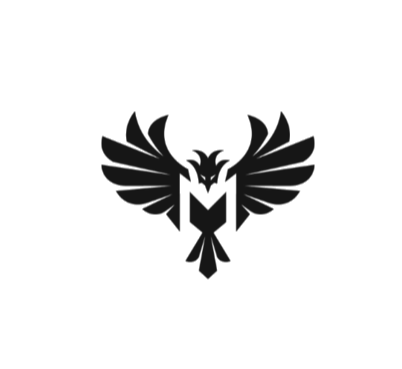
How Long Does It REALLY Take to Learn Spoken Arabic? (A Realistic Timeline)
"How long does it take to learn Spoken Arabic?" If you've asked yourself this question, you're not alone.
Many learners want a clear timeline, but the truth is—it depends on several factors like your native language, learning method, and daily practice.
The good news? With the right approach, you can reach conversational fluency faster than you think!
In this guide, we'll break down exactly what to expect and how to speed up your progress.
Factors That Affect Your Learning Speed
Before we dive into the timeline, let's look at the biggest factors that influence how fast you can learn Spoken Arabic:
1️⃣ Your Language Background – If you already speak a language with similarities to Arabic (like Turkish or Persian), you'll have an advantage. But even if you don’t, don’t worry—Arabic is learnable with the right approach.
2️⃣ Which Arabic Dialect You Learn – Lebanese, Egyptian, and Levantine dialects are easier for most learners than Gulf or Moroccan Arabic, which have more unique features.
3️⃣ Your Learning Consistency – Studying a little every day beats cramming once a week. Daily exposure accelerates your learning.
4️⃣ Speaking vs. Just Studying – If you only use apps or memorize vocab, progress will be slow. Speaking with native speakers speeds up fluency.
A Realistic Timeline for Learning Spoken Arabic
🚀 Phase 1: Absolute Beginner to Basic Conversations (0-3 Months)
✅ Learn essential phrases and greetings.
✅ Master the Arabic sounds & pronunciation.
✅ Focus on spoken Arabic only (skip MSA if your goal is conversation!).
✅ Practice speaking simple sentences daily.
📝 Best Strategy: Use a structured course like The Spoken Arabic Platform and practice listening + speaking from day one.
🗣️ Phase 2: Conversational Fluency (3-6 Months)
✅ Understand common questions and responses.
✅ Hold basic conversations with native speakers.
✅ Learn daily life vocabulary (shopping, ordering food, directions, etc.).
✅ Start watching Arabic content (TV shows, YouTube, podcasts) to train your ear.
📝 Best Strategy: Join language exchanges, speak with tutors, and immerse yourself in Arabic through daily content.
💬 Phase 3: Intermediate Fluency (6-12 Months)
✅ Express thoughts and opinions naturally.
✅ Understand most conversations without needing translation.
✅ Speak comfortably in different social situations.
✅ Learn idioms and slang to sound more native.
📝 Best Strategy: Speak as much as possible! Join online communities, travel if you can, and keep pushing your comfort zone.
🎯 Phase 4: Advanced Fluency (12+ Months)
✅ Speak without hesitation on a variety of topics.
✅ Understand native speakers even at fast speeds.
✅ Perfect your pronunciation and accent.
✅ Use Arabic naturally in work, travel, and social settings.
📝 Best Strategy: At this stage, deep immersion is key. Think in Arabic, dream in Arabic, and make it a natural part of your life.
How to Learn Spoken Arabic FASTER
If you want to speed up your progress, follow these tips:
🚀 Speak daily – Even if you’re not perfect, practice speaking as much as possible.
🎧 Listen actively – Arabic music, podcasts, and shows will train your ear.
📖 Use a structured program – Self-study is great, but a guided system saves time.
🌍 Immerse yourself – Change your phone settings to Arabic, label objects in your house, and think in Arabic daily.
Final Thoughts: How Fast Can YOU Learn Spoken Arabic?
Your timeline depends on your effort and consistency. With a smart strategy, most learners can reach basic fluency in 6 months and confident fluency in 12+ months.
But if you want the fastest, most structured path, our Spoken Arabic Platform can help you get there in record time!

Spoken Dialects LLC
600 N Broad St Ste 5
PMB 2111
Middletown, DE 19709
